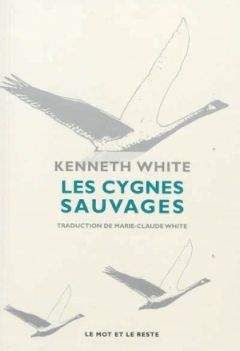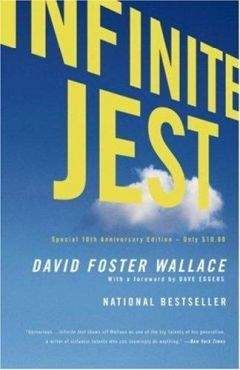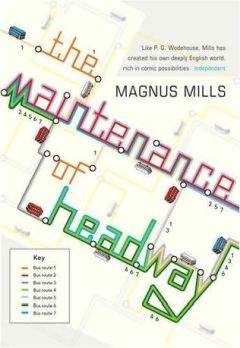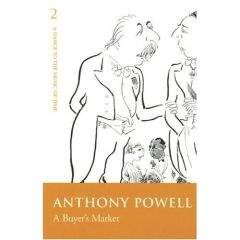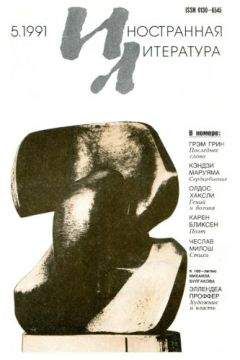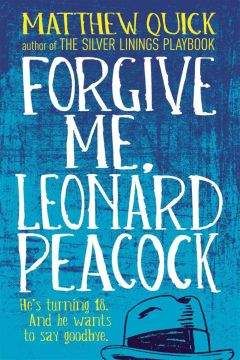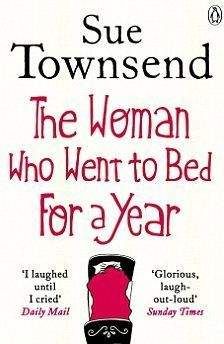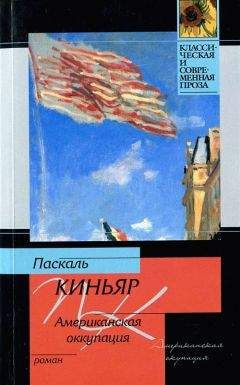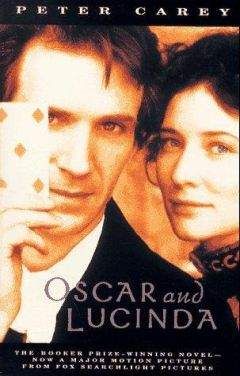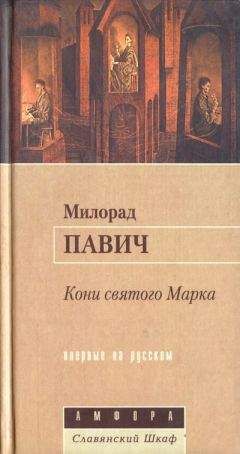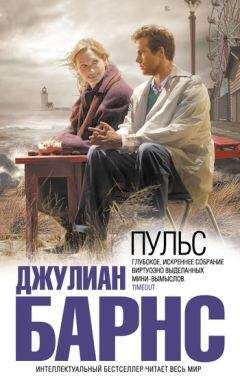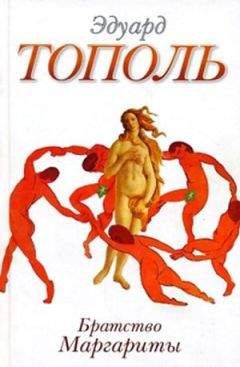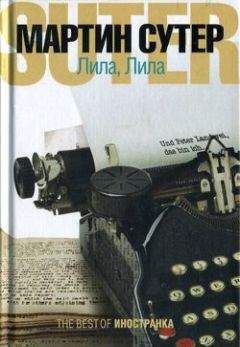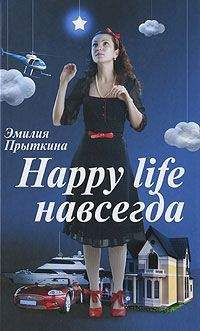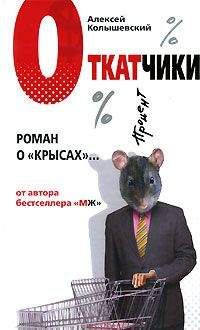Anthony Powell - At Lady Mollys
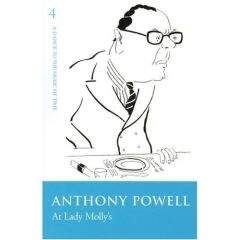
Скачивание начинается... Если скачивание не началось автоматически, пожалуйста нажмите на эту ссылку.
Жалоба
Напишите нам, и мы в срочном порядке примем меры.
Описание книги "At Lady Mollys"
Описание и краткое содержание "At Lady Mollys" читать бесплатно онлайн.
A Dance to the Music of Time — his brilliant 12-novel sequence, which chronicles the lives of over three hundred characters, is a unique evocation of life in twentieth-century England.
The novels follow Nicholas Jenkins, Kenneth Widmerpool and others, as they negotiate the intellectual, cultural and social hurdles that stand between them and the “Acceptance World.”
‘But you support them by not going,’ he said. ‘Yes, come early. You might possibly like to look round the house — though there really is nothing to see there that is of the slightest interest, I’m afraid.’
He moved once more towards the door, sunk again in deep despair, perhaps at the thought of the lack of distinction of his house and its contents. Shuffling his espadrilles against the stone floor, he caught his foot in the mat, swore gently and a trifle self-consciously, as if aspiring to act as roughly as he was dressed, and left with hardly a further word. Quiggin accompanied him to the door, and shouted a farewell. Then he returned to the room in which we sat. No one spoke for a minute or two. Quiggin slowly corked up the gin bottle, and put it away in a cupboard.
‘Alf is rather sweet, isn’t he?’ said Mona.
‘Alf is a good fellow,’ agreed Quiggin, a shade sourly.
‘Where does he live?’ I asked.
‘Thrubworth Park. It is a big house heyond the trees you see from our windows.’
Quiggin had been put out by this sudden appearance of Erridge. It had been a visit for which he was unprepared: a situation he had not bargained for. Now he seemed unable to decide what line he himself should take about his friend.
‘How much do you know about him?’ he asked at last.
‘Hardly anything, except that he is said to have been a tramp. And, as I said just now, I met some of his sisters the other day.’
‘Oh, yes,’ said Quiggin, impatiently. ‘I am not at all interested in the rest of his family. He never sees anything of them, anyway. A lot of social butterflies, that’s all they are. Just what you might expect. Alf is different. I don’t know what you mean by being a tramp, though. Where did you get that story? I suppose you think everyone is a tramp who wears a beard.’
‘Aren’t they? Some of his relations told me he had been experimenting in life as a tramp.’
‘Just the sort of thing they would put about,’ said Quiggin. ‘Isn’t it like people of that class? It is true he has been making some study of local condidons. I don’t think he stayed anywhere very luxurious, but he certainly didn’t sleep in casual wards.’
‘His relations suppose he did. I think they rather admire him for it.’
‘Well, they suppose wrong,’ said Quiggin. ‘Alf is a very good fellow, but I don’t know whether he is prepared to make himself as uncomfortable as that.’
‘What did he do then?’
‘Useful work collecting information about unemployment,’ Quiggin conceded. ‘Distributed pamphlets at the same time. I don’t want to belittle it in any way, but it is absurd to go round saying he was a tramp. All the same, the experience he had will be of political value to him.’
‘I think he is rather attractive,’ said Mona.
For some reason this did not seem to please Quiggin.
‘Did you ever meet a girl called Gypsy Jones?’ he said. ‘A Communist. Rather a grubby little piece. I’m not sure Alf may not be a bit keen on her. I saw them sitting together at a Popular Front meeting. All the same, he is not a man to waste time over women.’
‘What do you mean, “waste time over women”?’ said Mona. ‘Anyway, nobody could blame you for that. You think about yourself too much.’
‘I think about you too, ducks,’ said Quiggin mildly, no doubt judging it advisable to pacify her. ‘But Alf is an idealist. Rather too much of one sometimes, when it comes to getting things done. All the same, he has most of the right ideas. Shall I get that bottle out again? Supper doesn’t seem to be nearly ready.’
‘Yes, get it out,’ said Mona. ‘I can’t imagine why you put it away.’
All this was reminiscent of the Templer household before Mona left her husband. During the twenty-four hours that followed, this recollection was more than once repeated.
Quiggin, too, had begun to placate her with ‘treats’, the impending dinner with Erridge certainly grading in that class. In fact Quiggin began to talk as if he himself had arranged the invitation as an essential aspect of the weekend. Although its potentialities had been reduced for him by my inclusion, there was, I think, nothing personal in that. He would equally have objected to any other friend or acquaintance joining the party. Dinner at Thrubworth was an occasion not to be wasted, for Mona had remarked: ‘We don’t get invited every day of the week.’ I asked how long they had known Erridge.
‘In the days when I was secretary to St. John Clarke,’ said Quiggin, smiling to show how distant, how incongruous, he now regarded that period of his life. ‘St. J. went one afternoon to a bookshop in Charing Cross Road, where he wanted to cast his eye over some of Lenin’s speeches. As you know, St. J. was rather careful about money, and he had suggested I should hold the bookseller in conversation while he looked up just as much as he needed. This was at the beginning of St. J.’s conversion to Marxism. We found Alf pottering about the shop, trying to get through the afternoon. Old habits die hard, and, of course, up to the time I met him, St. J. had been a champion snob — and he wasn’t altogether cured of his liking for a high-sounding name. He often said afterwards, when we knew each other well, that I’d saved him from snobbery. I only wish I could also have saved him from Trotskyism. But that is another story. It happened that St. J. had met Alf quite a time before at the home of one of Alf’s relatives — is there a woman called Lady Molly Jeavons? There is — well, it was at her house. St. J. had a word or two with Alf in the bookshop, and, in spite of his changed view of life, forgot all about Lenin’s speeches and asked him back to tea.’
‘And you have known him ever since?’
‘Alf turned up trumps when St. J. behaved so foolishly about myself and Mona. Since then, I’ve done my best to canalise his enthusiasms.’
‘Has St. John Clarke still got his German boy as secretary?’
‘Not he,’ said Quiggin. ‘Guggenbühl is a shrewd young man, Trotskyist though he be. He has moved on to something more paying. After all, he was smart enough to see Hitler coming and clear out of Germany. I hear he is very patronising to the German refugees arriving now.’
‘He is probably a Nazi agent.’
‘My God,’ said Quiggin. ‘I wouldn’t wonder. I must talk to Mark about that when he comes back from America.’
The possibility that Mark Members and himself had been succeeded in the dynasty of St. John Clarke’s secretaries by one of Hitler’s spies greatly cheered Quiggin. He was in a good mood for the rest of the day, until it was time to start for Thrubworth. Then, as the hour approached, he became once more nervous and agitated. I had supposed that, having secured Erridge for a patron some years before, Quiggin must be used by then to his ways. The contrary seemed true; and I remembered that in his undergraduate days he used to become irritable and perturbed before a party: master of himself only after arrival. He had changed into his suit of that cruel blue colour when at last we set off across the fields.
‘What date is the house?’
‘What house?’
‘Where we are going.’
‘Oh, Thrubworth Park,’ said Quiggin, as if he had forgotten our destination. ‘Seventeenth century, I should say, much altered in the eighteenth. Alf will tell you about it. Though he doesn’t really like the place, he likes talking about it for some reason. You will hear all you want about its history.’
Passing into the wood to be seen from the windows of the cottage, we went through more fields and climbed a stile. Beyond was a deserted road, on the far side of which, set back some distance from the highway, stood an entrance — evidently not the main entrance — to a park, the walls of which I had already seen from another side on my way from the station the day before. A small, unoccupied lodge, now fallen into decay, lay beside two open, wrought-iron gates. We went through these gates, and made our way up a drive that disappeared among large trees. The park was fairly well kept, though there was an unfriended, melancholy air about the place, characteristic of large estates for which the owner feels no deep affection.
‘I hope there will be something to drink tonight,’ said Mona.
‘Is it a bit short as a rule?’ I asked.
‘Doesn’t exactly flow.’
‘Why didn’t you have a pint of gin before you came out then,’ asked Quiggin, gratingly, ‘if you can’t ever get through an evening without wanting to feel tipsy at the end of it? There always seems enough to me. Not buckets but enough.’
His nerves were still on edge.
‘All right,’ said Mona. ‘Don’t bite my head off. You grumbled yourself the last time you came here.’
‘Did I, ducks?’
He took her arm.
‘We’ll have a nice drink when we get back,’ he said, ‘if Alf should happen to be in one of his moods.’
1 felt apprehensive at the thought that Erridge might be ‘in one of his moods’. Quiggin had not mentioned these ‘moods’ before, although their nature was easy to imagine from what had been said. I wished we could continue to walk, as we were doing, through glades of oak and chestnut trees in the cool twilight, without ever reaching the house and the grim meal which now seemed to lie ahead of us. We had continued for about ten minutes when roofs came suddenly into view, a group of buildings of some dignity, though without much architectural distinction: a seventeenth-century mansion such as Quiggin had described, brick at the back and fronted in the eighteenth century with stone. The façade faced away from us across a wide stretch of lawn, since we had arrived at the side of the house amongst a network of small paths and flowerbeds, rather fussily laid out and not too well kept. Quiggin led the way through these borders, making for a projection of outbuildings and stables. We passed under an arch into a cobbled yard. Quiggin made for a small door, studded with brass nails. By the side of this door hung an iron bell-pull. He stopped short and turned towards me, looking suddenly as if he had lost heart. Then he took hold of himself and gave the bell a good jerk.
‘Does one always come in this way?’
‘The front of the house is kept shut,’ he said.
‘What happens inside?’
‘The state rooms — if that is what you call them — are closed. Alf just lives in one corner of the place.’
‘In the servants’ quarters?’
‘More or less. That is probably what they used to be.’
We waited for a long time. Quiggin appeared unwilling to ring again, but, under pressure from Mona, at last decided to repeat his wrench at the bell. There was another long pause. Then steps could be heard moving very slowly and carefully down the stairs. Inner fumbling with the door-knob took place, and the door was opened by a man-servant. I recognised Smith, the butler temporarily employed by the Jeavonses on my first visit to their house.
‘Lord Warminster?’ muttered Quiggin, interrogatively.
Smith made no answer. A kind of grimace had crossed his features when he saw Quiggin and Mona; naturally enough, he gave me no sign of recognition. Apart from this brief, indeed scarcely perceptible contraction of nose and lips — perhaps merely a nervous twitch — he expressed no further welcome. However, he stood aside to allow us to enter. We trooped in, finding ourselves in a kind of back hall where several passages met. There was an impression of oak chests, shabby bookcases full of unreadable books, mahogany dressers and other huge pieces of furniture, expelled at one time or another from the central part of the house; the walls covered with large oil paintings of schools long fallen out of fashion. Smith, as if suffering from some painful disease in the lower half of his body, strode uncertainly before us towards a narrow flight of stairs. We followed in silence. Even Mona seemed overawed by the cavernous atmosphere of gloom. Passing through corridors, and still further corridors, all lined with discredited canvases and an occasional marble bust, Smith stopped before a door. Then he turned almost savagely upon us.
‘Mr. and Mrs. Quiggin — and what other name?’
Fancy made him seem to emphasise the word ‘Mrs.’, as if he wished to cast doubt on the legal union of the two of them. Quiggin started, then mumbled my name grudgingly. Smith threw open the door, bawling out his announcement, and propelled us within.
Erridge was sitting at a desk, the upper part surmounted by a glass-fronted bookcase filled with volumes enclosed for the most part in yellow paper wrappers. He jumped up immediately we entered, removing his spectacles and stumbling forward confusedly, as if our arrival was totally unexpected. He had been writing, and the open flap of the desk was covered with letters and papers which now cascaded to the floor; where they lay in a heap for the rest of the time we were in the house. A dark wall-paper and heavy mahogany furniture, not very different in style to that exiled to the back parts of the house, made the room seem smaller than its real extent, which was in fact considerable. There were no pictures, though rectangular discoloured patches on the walls showed where frames had once hung. Over the fireplace hung a chart which I took to be the Tolland pedigree, but on closer examination proved to illustrate in descending scale some principle of economic distribution. Shelves holding more books — classics, Baedekers and a couple of bound copies of the Boy’s Own Paper—covered the far wall. At the end of the room stood a table littered with current newspapers and magazines. Another smaller table had been laid with four places for a meal.
It was clear that Erridge lived and moved and had his being in this room. I wondered whether he also spent his nights there on the sofa. Such rough and ready accommodation might easily be in keeping with his tenets: except that the sofa looked rather too comfortable to assuage at night-time his guilt for being rich. Still embarrassed, so it seemed, by the unexpectedness of our arrival, he had now begun to walk quickly up and down the room, as if to give expression and relief to the nervous tension he felt. Quiggin, his own self-possession completely restored by contact with his host — like the warm glow that comes after a plunge in cold water — must have recognised these symptoms in Erridge as normal enough. He took Mona by the arm and drew her towards the window, where the two of them stood side by side, looking down at the gardens and the park beyond. They began to discuss together some feature of the landscape.
Left by myself in the middle of the room, I was at first uncertain whether to join Quiggin and Mona in their survey of the Thrubworth grounds, or, by interrupting his pacing with some conventional remark, to follow up Erridge’s vague but general greeting to the three of us on arrival. The latter course threatened to entail an attempt to march up and down the room beside him: like officers waiting for a parade to begin. On the other hand, to move away towards Quiggin and the window would seem ineffective and unfriendly, Idecided to glance at the economic chart for a minute or two in the hope that the situation might assume a less enigmatic aspect; but when a moment later Erridge paused by his desk, and began laboriously to straighten some of the few papers that remained there, I saw that he and I, sooner or later, must establish some kind of host-guest relationship, however uneasy, if we were to spend an evening together. The quicker this were done the better, so far as my own peace of mind was concerned. I therefore tackled him without further delay.
Подписывайтесь на наши страницы в социальных сетях.
Будьте в курсе последних книжных новинок, комментируйте, обсуждайте. Мы ждём Вас!
Похожие книги на "At Lady Mollys"
Книги похожие на "At Lady Mollys" читать онлайн или скачать бесплатно полные версии.
Мы рекомендуем Вам зарегистрироваться либо войти на сайт под своим именем.
Отзывы о "Anthony Powell - At Lady Mollys"
Отзывы читателей о книге "At Lady Mollys", комментарии и мнения людей о произведении.





